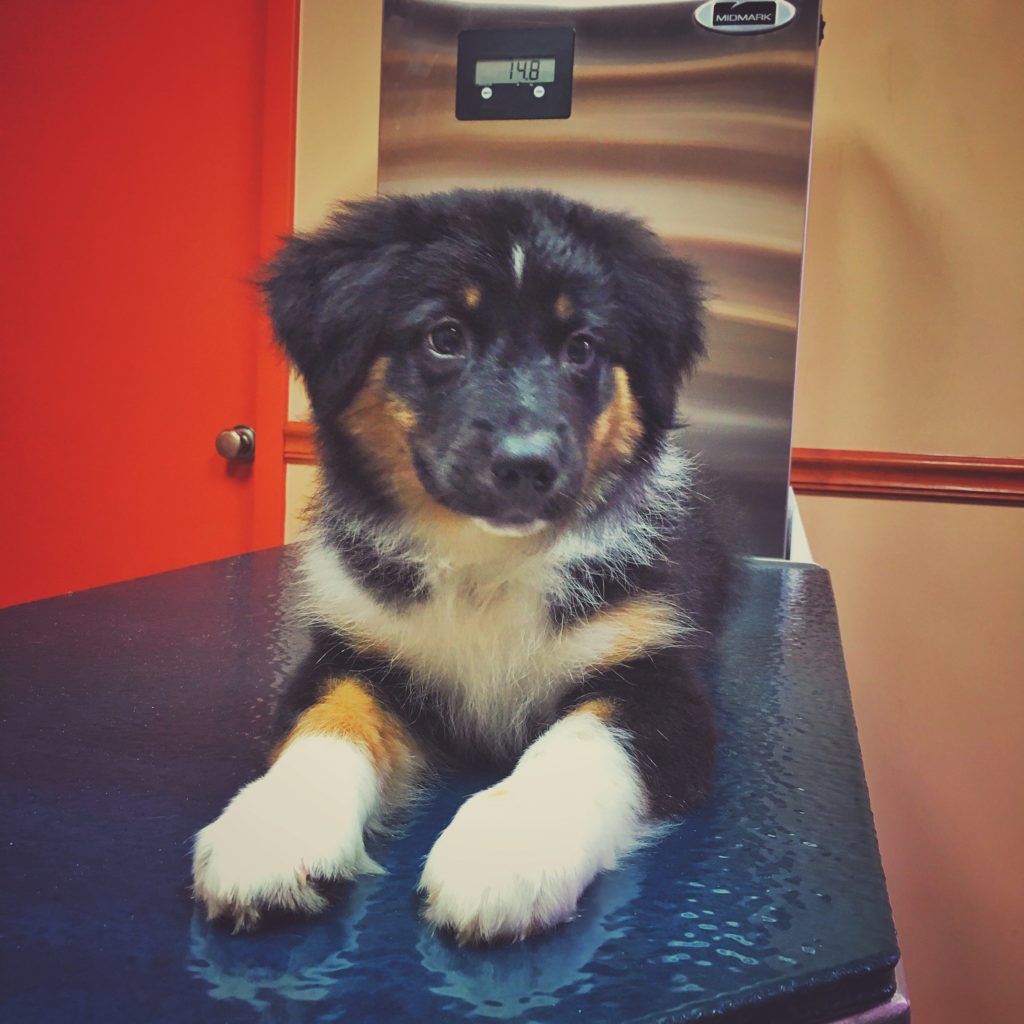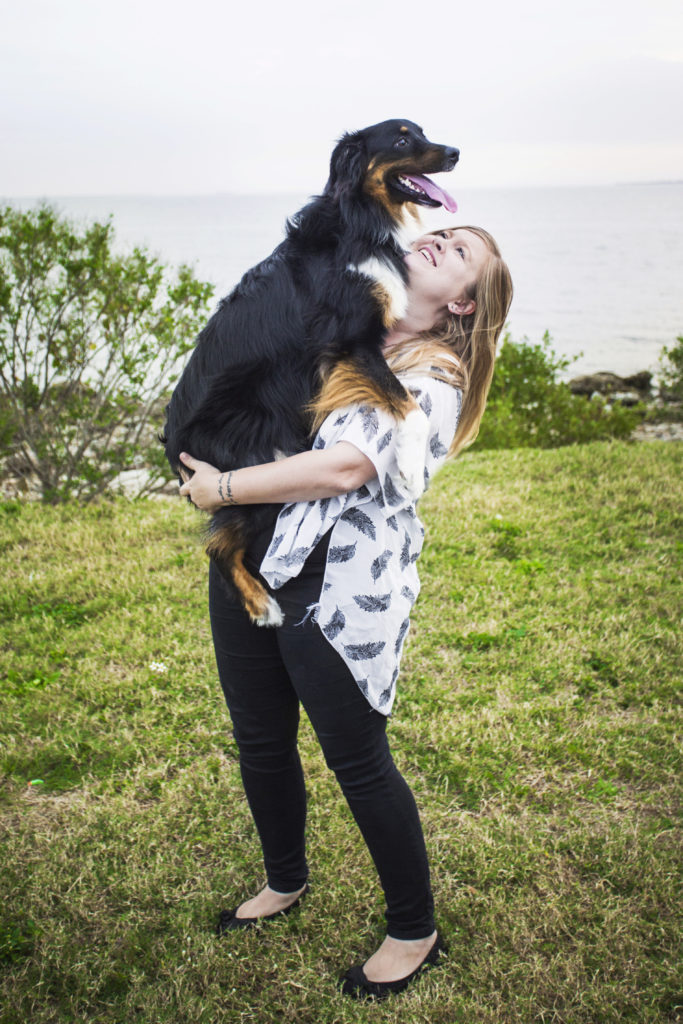Chunky Doggos | What Those Extra Pounds Mean
August 5, 2020

When you go to the doctor the last thing you want to hear is “well you could lose some weight.” This seems even worse when you hear it from a vet about your pupper. A few years ago I took my favorite fluffy Lily to the vet. She had been about 45-47 pounds since she turned into an adult pup until she was about 2 and a half years old. She went in for a check up and was 50 pounds. Our vet is very nice and stated, “well, she really was better at 47 pounds. We should get her back there. She’s not fat she’s just got a little extra she doesn’t need.” Translation, your dog is getting chunky do something about it! lol (She was back down to 46 pounds within months and has maintained that weight ever since.)
This got me thinking, what do those extra pounds actually mean?
![]()
Why is pet obesity dangerous?
Obesity in your pet can pose some dangerous health risks including but not limited to:
- Diabetes
- Arthritis
- Decreased life expectancy
- High blood pressure
- Increased risk of cancer
- Damage to joints, bones, and ligaments
- Decreased liver function
- Increased surgical and anesthetic risk
- Decreased immune function
- Digestive disorders
- Skin and hair coat problems
Dog Weight is Different
One pound lost by a pupper is equivalent to five pounds lost by a human. Each pound is significant. When your vet says your dog is 5 pounds overweight just think that is the same as your doctor telling you that you are 25 pounds overweight.
National Pet Obesity Awareness
According to nationaltoday.com, The majority of cats and dogs in the United States are overweight or obese. 59.5% of cats and 55.8% of dogs. The five US states that rank highest for obese dogs are: Minnesota, Nebraska, Michigan, Idaho and Nevada. Two dog breeds that are considered high-risk for obesity are Labradors and Golden Retrievers. National pet obesity awareness day this year is October 14th 2020. In honor of this day do your part by checking out your pup for signs of obesity. You should be able to easily feel your pet’s ribs without pressing on the pet and your pet’s stomach should be tucked in.
How to Help your Pup Lose Weight or Prevent Weight Gain
First of all, consult your vet. Each dog is different. My golden retriever weighed 88 pounds which on most charts puts him in the overweight category but he was tall and 88 pounds was actually a very healthy weight for him. After consulting a vet you can decrease your dog’s food intake gradually. Lily was put on a diet of eating 25% less food and only getting carrots for snacks. Keep your pup active! Take your dog for a walk or to the park or whatever they like to do to keep them moving.
In the end we all want the same thing, healthy, loved, and happy puppers!
![]()
We hope you have a fantastic week. Stay Safe, Live, Love, and Pet all the animals!
Love,
Jess & Lily

Add a comment
0 Comments